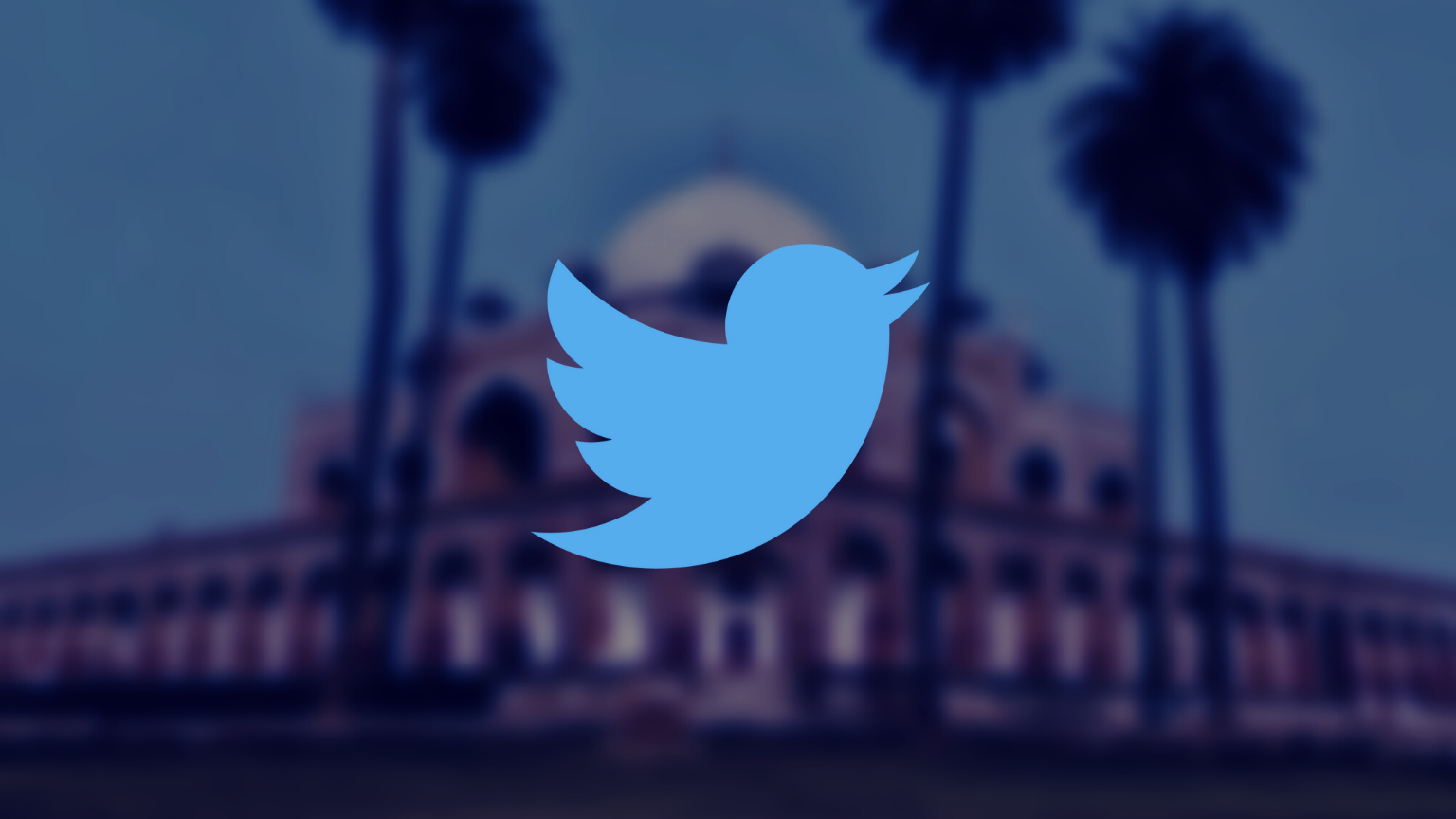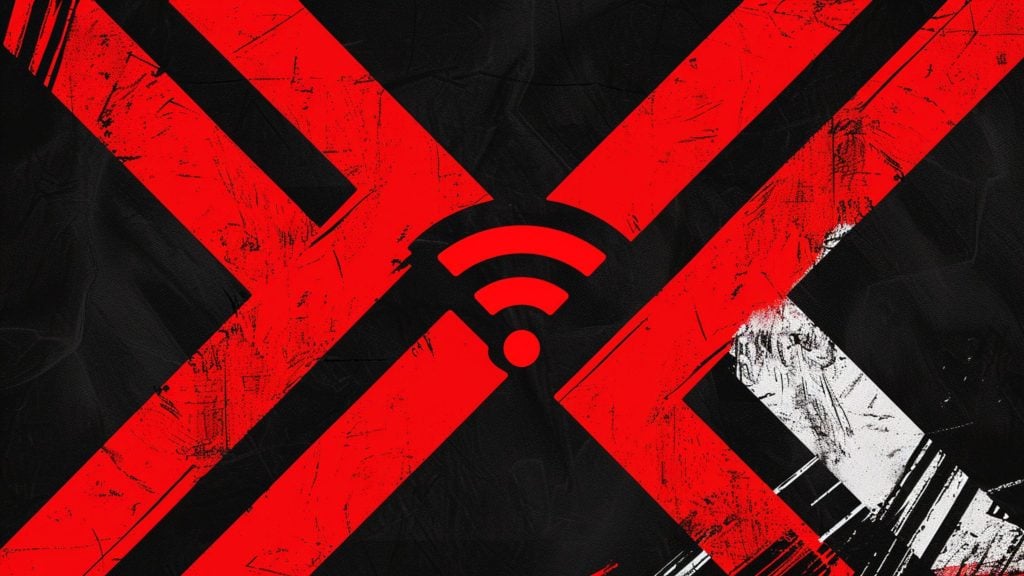Twitter has started taking steps to fully comply with new internet rules now being enforced in India, despite the fact that those are criticized as detrimental to free expression and people’s privacy.
Twitter has thus become the last of major western social media companies to give in under pressure from India’s government, who announced the Intermediary Guidelines and Digital Media Ethics Code back in February. Facebook, (including WhatsApp, its messaging app widely used in India) and Google have already done it.
When a lawyer for Twitter showed up before a Delhi court on Thursday and announced that a chief compliance officer had already been appointed, while a grievance officer will start working by July 11, it ended months of disputes between the US company and India’s authorities over compliance with the regulation.
Despite protestations about wanting to protect user privacy – a concept that otherwise sits oddly with the essence of Big Tech’s business models – all social media giants accepted to play by India’s rules in order to remain present in its huge online market.
What these new rules – justified by the need to ensure security in the country and protect its digital sovereignty – obligate Twitter and others to do is remove posts and produce user grievance reports. The companies’ executives could also be jailed for non compliance.
But critics, media companies operating in India – and until recently, Twitter – accuse the authorities of treading on dangerous ground of introducing surveillance and censorship, as sensitive personal data collected from users will now have to be turned over at government’s request.
The rules regulate new due diligence obligations, leave a very short amount of time – 36 hours – for companies to delete content flagged for removal, present new encryption and traceability requirements, and mandate “proactive monitoring.”
Some of the criticism has to do with stripping social media companies and those hosting other online content from the right to enforce their own moderation, instead of having to comply with local law.
Others fear that as a democracy with the largest population, India could set a bad example for other countries seeking to tighten regulation of content published on the internet.













